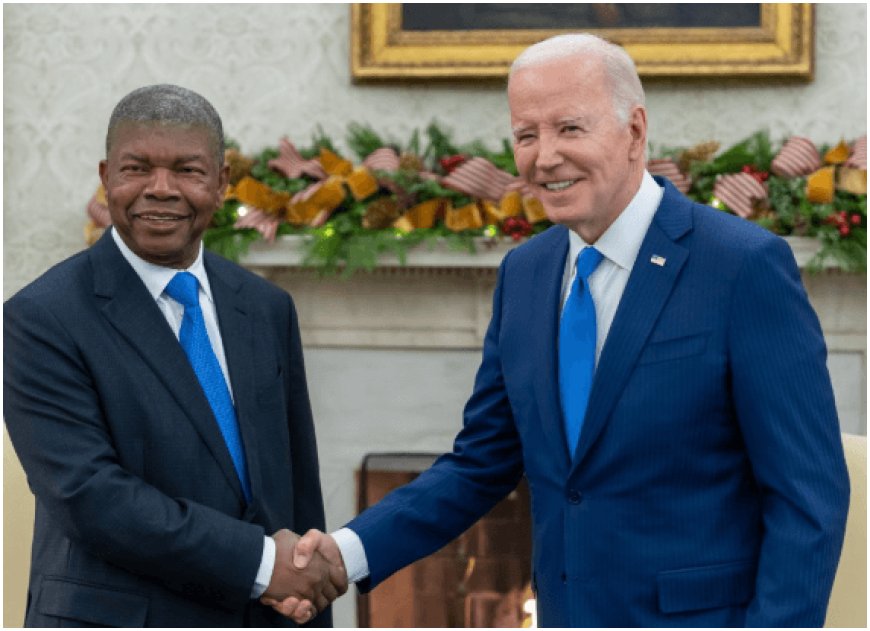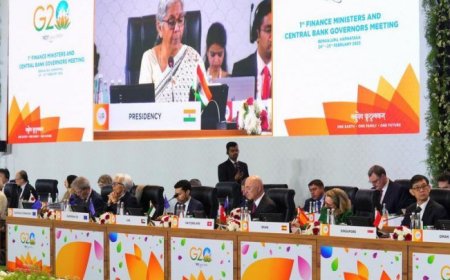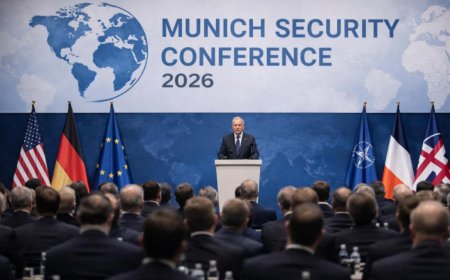Biden Landmark Africa Visit: Strengthening U.S.-Angola Ties for a Prosperous Future
Biden Landmark Africa Visit: Strengthening U.S.-Angola Ties for a Prosperous Future

Biden Ignites a New Era in U.S.-Africa Relations with Landmark Angola Visit
President Joe Biden’s visit to Angola marks a pivotal moment in U.S.-Africa relations, signifying a renewed focus on deepening diplomatic ties and expanding economic partnerships with the African continent. This visit, part of Biden’s first trip to Africa as President, highlights the administration’s commitment to enhancing U.S. engagement in a region increasingly seen as a key player in the global economic and geopolitical landscape. The timing of this visit is crucial, given the ongoing geopolitical shifts and the continent’s burgeoning economic potential, making Africa a critical partner for future trade and development initiatives.
Biden’s arrival in Angola underscores the strategic importance of the country, which has emerged as a significant player in Africa due to its rich natural resources, growing economy, and strategic geographic position. Angola’s vast oil reserves and mineral wealth have long attracted international interest, but the country is now looking to diversify its economy beyond natural resources. This diversification aligns with U.S. interests in fostering sustainable development and reducing over-reliance on single-sector economies. Biden’s visit is expected to lay the groundwork for a series of bilateral agreements aimed at strengthening trade, investment, and cooperation in sectors such as energy, infrastructure, and technology.
One of the central themes of Biden’s visit is addressing concerns about U.S. trade policies and their impact on African nations. In recent years, African leaders have expressed apprehension over inconsistent U.S. trade policies and the perceived lack of long-term commitment. Biden’s administration seeks to allay these concerns by promoting a more predictable and mutually beneficial trade framework. The President is expected to emphasize the U.S.’s dedication to partnerships based on mutual respect and shared prosperity, contrasting with narratives that have portrayed U.S. involvement in Africa as sporadic or solely interest-driven.
Angola’s President João Lourenço has been a vocal advocate for stronger international partnerships and greater economic integration with global markets. His government’s recent economic reforms, including efforts to combat corruption and improve the business climate, have made Angola an attractive destination for foreign investment. During Biden’s visit, discussions are anticipated to focus on these reforms and how they can serve as a foundation for enhanced U.S.-Angola economic ties. The two leaders are likely to explore opportunities for American businesses to invest in Angola’s energy sector, particularly in renewable energy projects, as both countries aim to advance their commitments to combating climate change.
Another significant aspect of Biden’s visit is the focus on youth engagement and education. Africa’s youth population is one of the fastest-growing in the world, presenting both challenges and opportunities. By investing in education, skill development, and entrepreneurship, the U.S. can help unlock the potential of this demographic, fostering innovation and economic growth. Biden is expected to announce new initiatives aimed at supporting educational exchanges, vocational training, and technology transfer, positioning the U.S. as a partner in Africa’s future development.
The visit also carries a symbolic weight, reflecting a broader U.S. strategy to re-engage with Africa amid rising competition from other global powers, particularly China and Russia. Both countries have significantly increased their presence in Africa through infrastructure projects, military cooperation, and trade agreements. Biden’s visit is seen as an effort to counterbalance this influence by reaffirming the U.S.’s commitment to Africa’s development and sovereignty. By highlighting transparent and ethical business practices, the U.S. aims to differentiate its approach from that of its competitors, offering African nations an alternative that emphasizes governance, human rights, and long-term sustainability.
Security and regional stability are also expected to feature prominently in the discussions. Angola plays a critical role in Southern Africa’s stability, and its leadership in regional peacekeeping efforts has been recognized internationally. Biden and Lourenço are likely to discuss collaborative efforts to address security challenges, including combating terrorism, enhancing maritime security, and supporting conflict resolution initiatives. Strengthening security cooperation aligns with broader U.S. objectives to promote peace and stability, which are essential for fostering economic growth and attracting investment.
















































